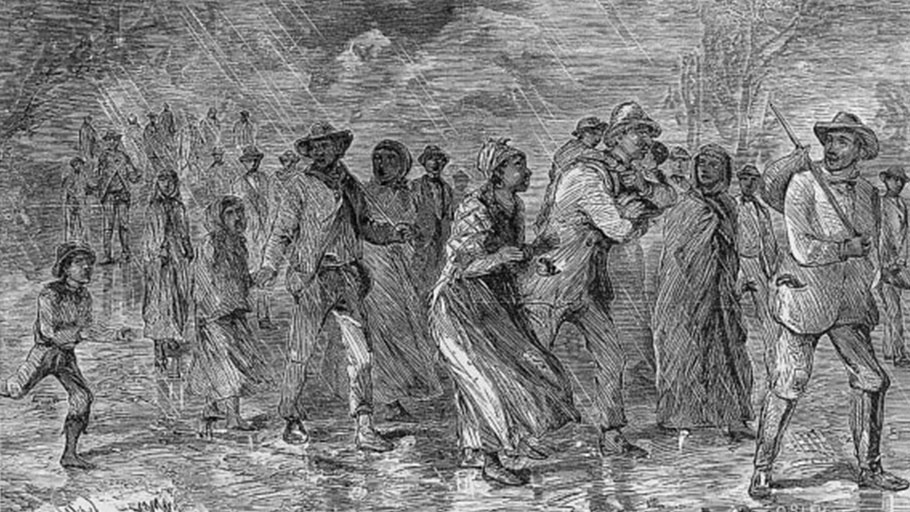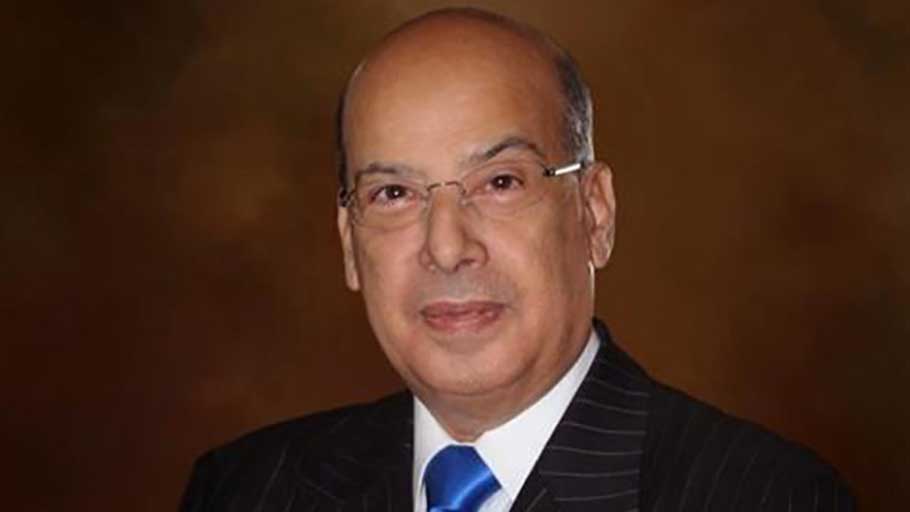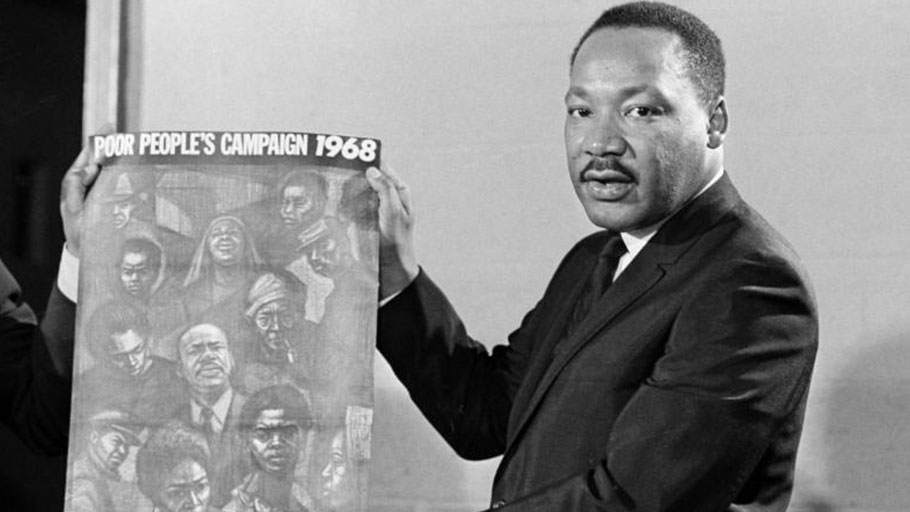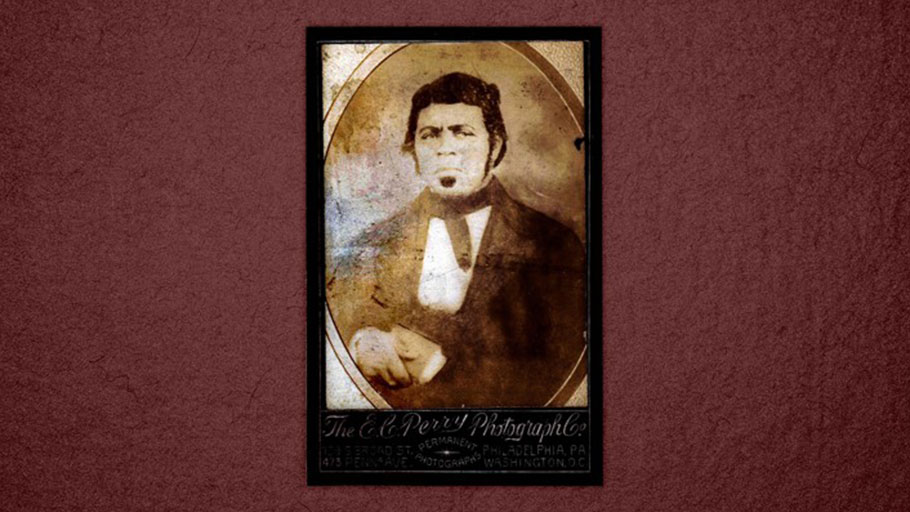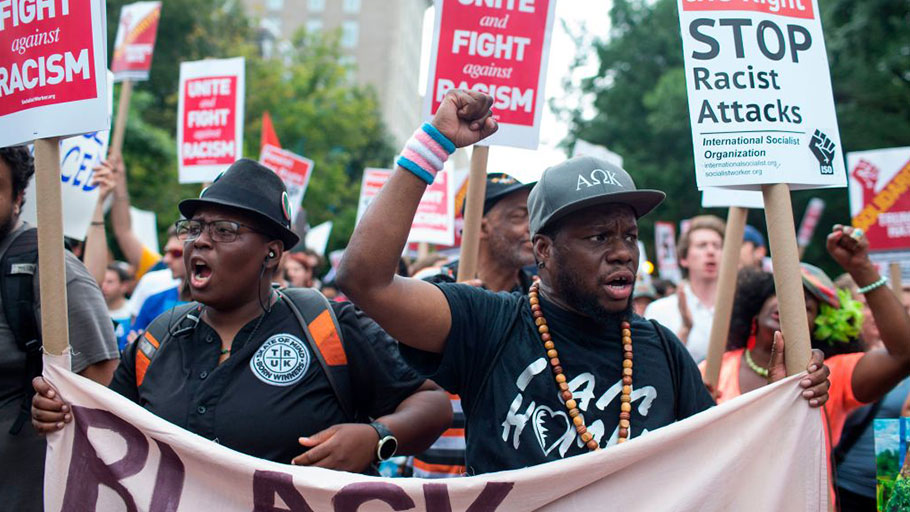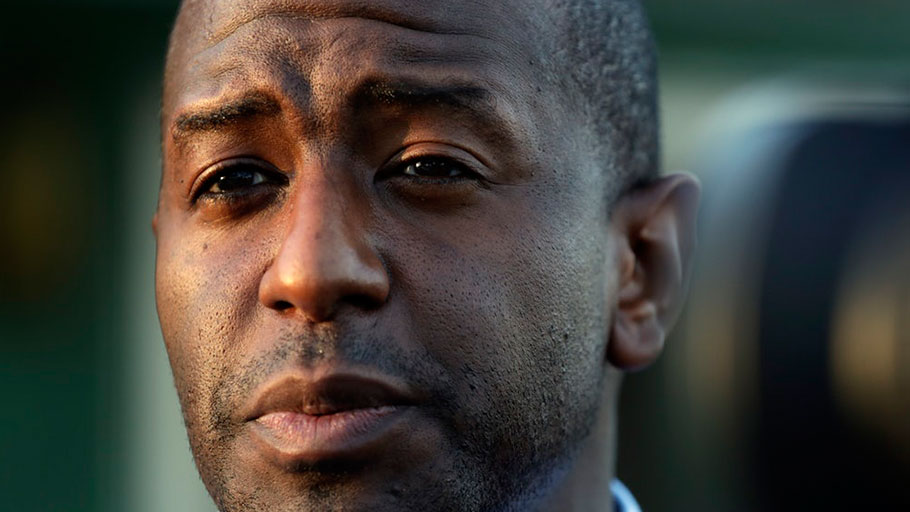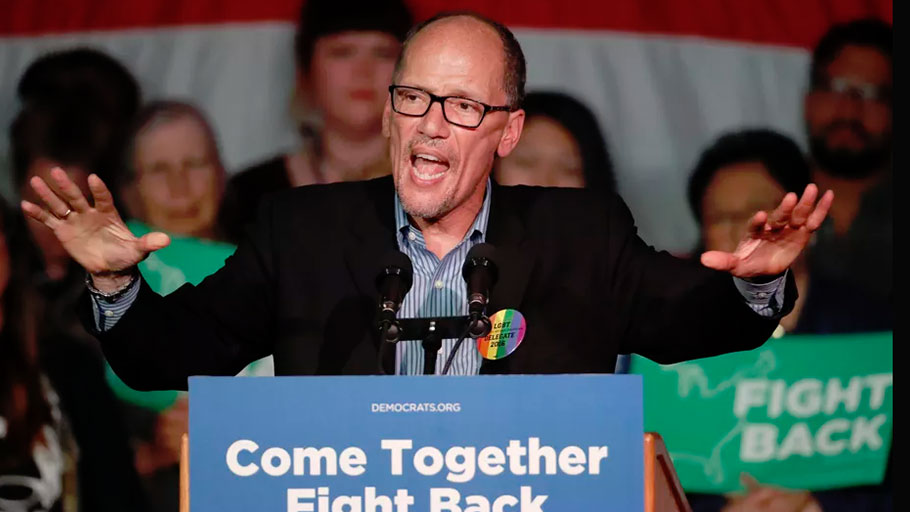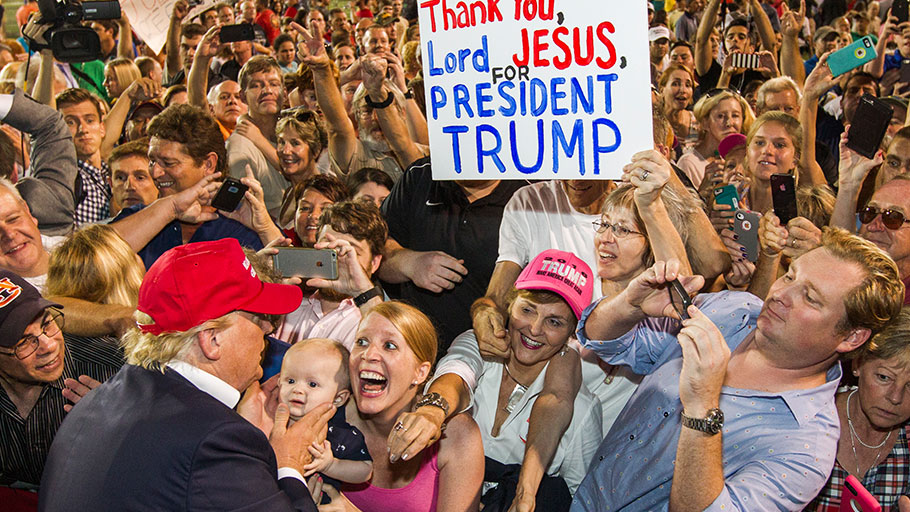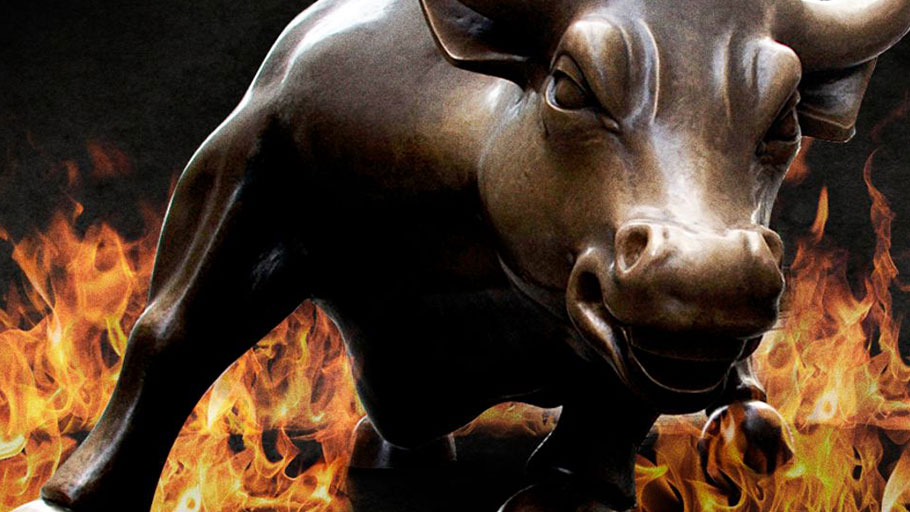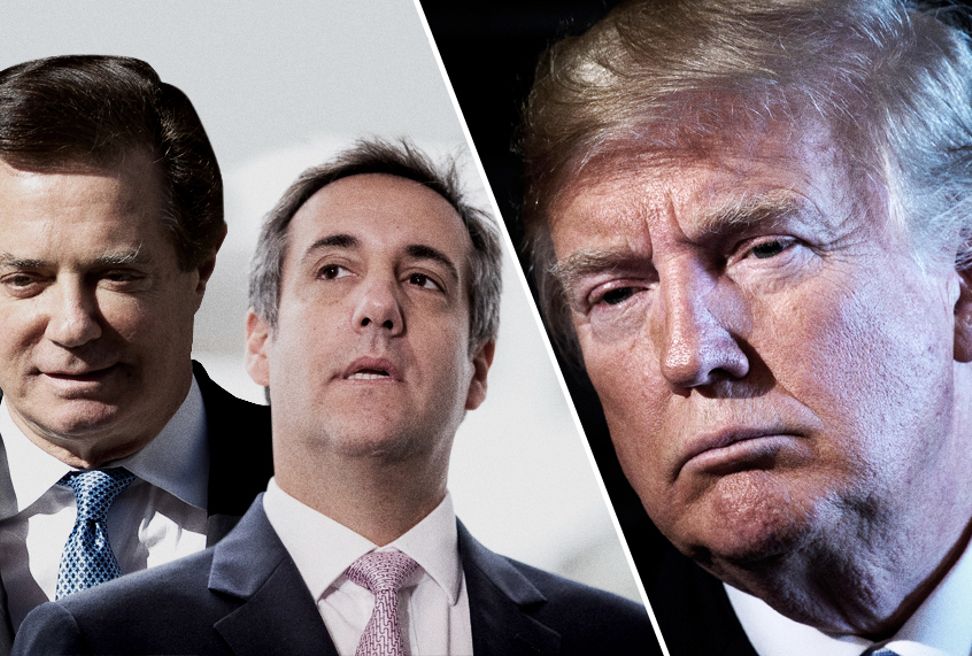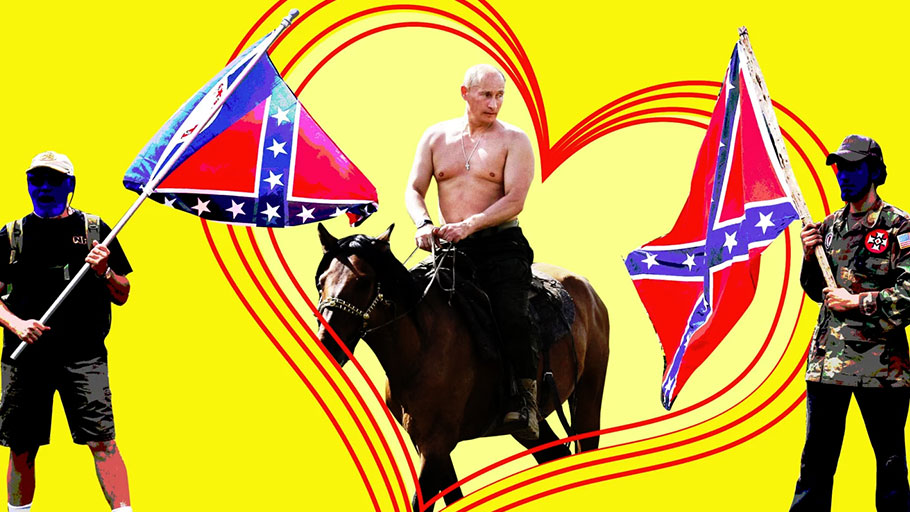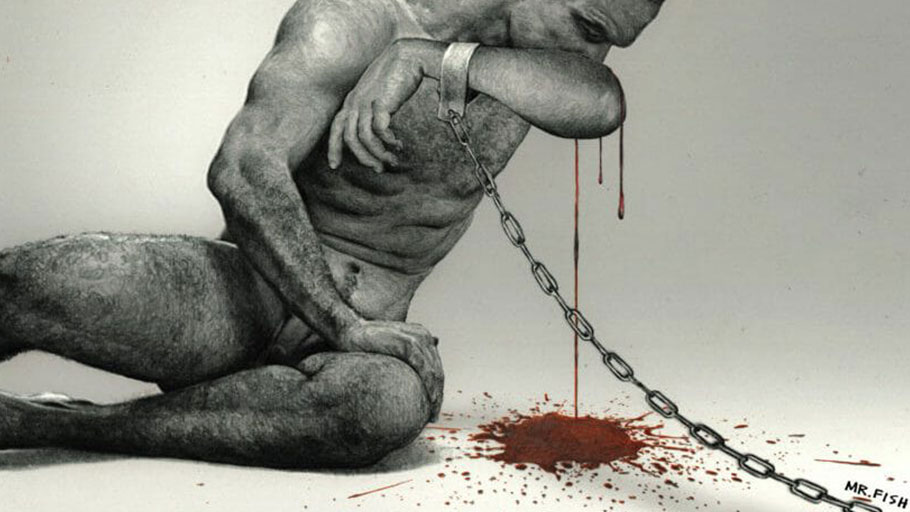
By Chris Hedges, Truthdig — The only way to end slavery is to stop being a slave. Hundreds of men and women in prisons in some 17 states are refusing to carry out prison labor, conducting hunger strikes or boycotting for-profit commissaries in an effort to abolish the last redoubt of legalized slavery in America. The strikers are demanding to be paid the minimum wage, the right to vote, decent…

